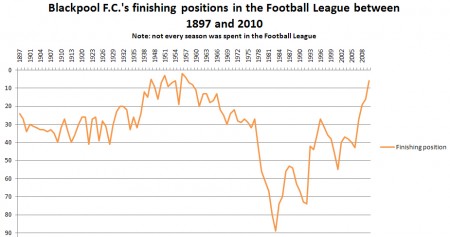PsyBlog has an excellent summary of the research on social loafing, the phenomena where people working in a group work less compared to when they work alone. Because we do so much group work, this is sometimes an issue.
The first research on social loafing came from Max Ringelmann way back in 1913 (Ringelmann, 1913). He had people pulling on a rope, and compared the maximum they could have pulled, based on individual test, to how much each person actually pulled. The results were, kind of, sad; with eight people, each one only pulled half as much as their maximum potential strength. A graph of Ringelmann’s data is shown below. If everyone pulled at their maximum the line would have stayed horizontal at 1.

The PsyBlog article points out three reasons why people tend to loaf in groups:
- We expect others to loaf so we do it, too.
- We feel more anonymous the larger the group, so we feel less need to put in the effort.
- We often don’t have a clear idea about how much we need to contribute, so we don’t put in as much as we could.
This can be summed up in Latane’s Social Theory:
If a person is the target of social forces, increasing the number of other persons diminishes the relative social pressure on each person.
— Latane et al., 1979: Many hands make light the work: The causes and consequences of social loafing in the Journal of Personality and Social Psycology. Quote via Keith Rolag’s Website.
How do we deal with this
The key is making sure students are motivated to do the work. We want self-motivated students, but creating the right environment, especially by training students in how to work in a group will help.
- Make sure students realize the importance of their work; this makes them more motivated.
- Build group cohesion; team members contribute more if they value the group they’re in.
- Make sure the group clearly and fairly divides the work. Let everyone be part of the decision making process so students have choices in what to do will help them be more invested in their part of the work.
- Make sure each group member feels accountable for their share of the work.
A Brief Excursion into Mathematics
Ringelmann’s data falls on a remarkably straight line, so I used Excel to plot a trendline. As my algebra students know, you only need two points to write the equation of a line, however, Excel uses linear regression to get the best-fit line through all the data. Not all the data points will be on the line (sometimes none of them will be on the line) but the sum of the distance from each point to the line is minimized.
Curiously, since the data is pretty close to a straight line, you can extend the line to the x-axis to find out how many people it would take for no-one to be exerting any force at all. Students should be able to determine the equation of the line on their own, but you can get Excel to give you the equation of the trendline. From the plot we see:
y = -0.0732 x + 1.0707
At the x-axis, y = 0, so;
0 = -0.0732 x + 1.0707
solving for x we first subtract the constant, 1.0707 from both sides to get:
0 – 1.0707 = -0.0732 x + 1.0707 – 1.0707
giving:
-1.0707 = -0.0732 x
then divide by -0.0732 to isolate x:
![]()
which yields:
x = 14.63
This means that with 15 people, no-one will be pulling on the rope. In fact, according to this equation, they’ll actually start pushing on the rope.
It’s an amazing result, but if you can find flaws with my argument or math, please let me know.





